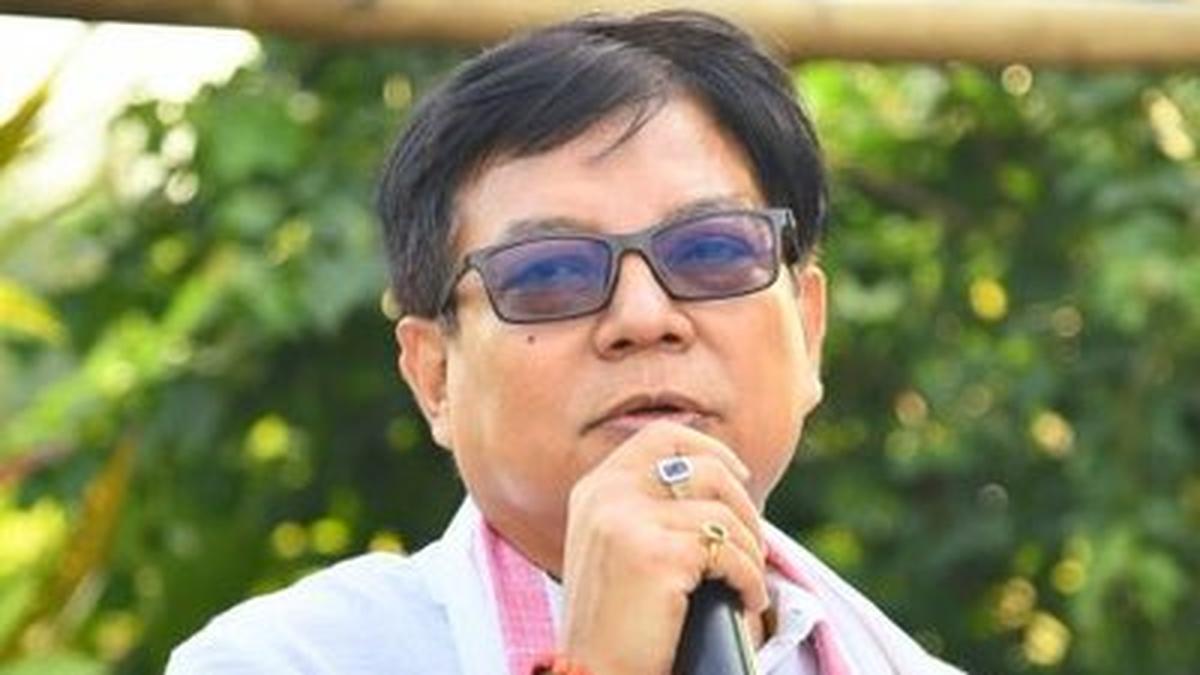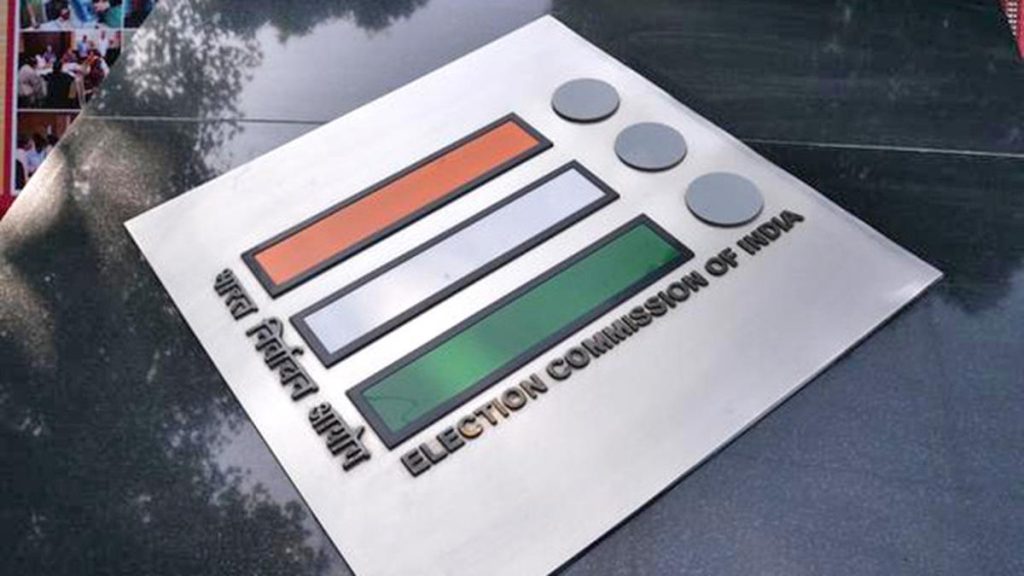Now Reading: Congress Urges PM for Revival Package to Boost Assam Tea Industry
-
01
Congress Urges PM for Revival Package to Boost Assam Tea Industry
Congress Urges PM for Revival Package to Boost Assam Tea Industry

Speedy summary
- The Assam Congress has requested Prime Minister Narendra Modi to provide a special package for the revival of the state’s tea industry,which is facing production losses due to climate change and collapsing green leaf prices.
- Congress leader debabrata Saikia highlighted unmet promises by the BJP, such as increasing wages for tea plantation workers and granting them Scheduled Tribe (ST) status.
- Assam’s tea industry contributes 55% of India’s total production but faces severe distress, with prices falling from ₹52 per kg to ₹15 per kg while production costs are ₹25-27 per kg. Production declined by 7.8%.
- Climate-induced challenges include irregular rainfall and temperatures rising above optimal levels in key regions like Jorhat.
- Tea workers’ daily wages remain at ₹220-250 compared to higher rates in Kerala, Karnataka, and tamil nadu (₹470-480). Six lakh workers in small gardens lack basic protections despite contributing 40% of Assam’s overall tea production.
- Auction sales for Indian tea have declined further amidst price volatility, unsold teas are increasing sharply, especially in Guwahati (36% unsold lots) and Kolkata (26%).
- Mr. Saikia recommended solutions including sustainable minimum pricing linked to costs; mandatory auctioning; stricter regulation against buyer cartelisation; quicker payment cycles; restoring funding for Tocklai Tea Research Institute; and creating a ₹200-crore Climate Adaptation Research Mission.
indian opinion Analysis
The decline of Assam’s tea industry presents critical economic implications given its role as a major contributor to India’s overall output. With over a million direct employment opportunities tied closely to this sector-many involving marginalized communities-the crisis threatens not just livelihoods but regional economic stability. The climatic unpredictability amplifies this concern, necessitating urgent progress-focused interventions such as research into resilient crop varieties.
Price collapses within crucial supply chains point toward broader structural challenges exacerbated by auction inefficiencies and unchecked private sales dynamics that undermine fair competition. Addressing regulatory gaps will be essential if equitable solutions are pursued.
Moreover, disparities between promised initiatives-such as improved wages-and ground realities may strain trust between policymakers and affected stakeholders further unless remedial measures commence swiftly.
financial support aimed at long-term structural improvements could better prepare a socioeconomically vulnerable industry against volatile market forces while stabilizing global perceptions around India’s capacity for sustaining quality-driven exports amid environmental adversity.Read more here
























